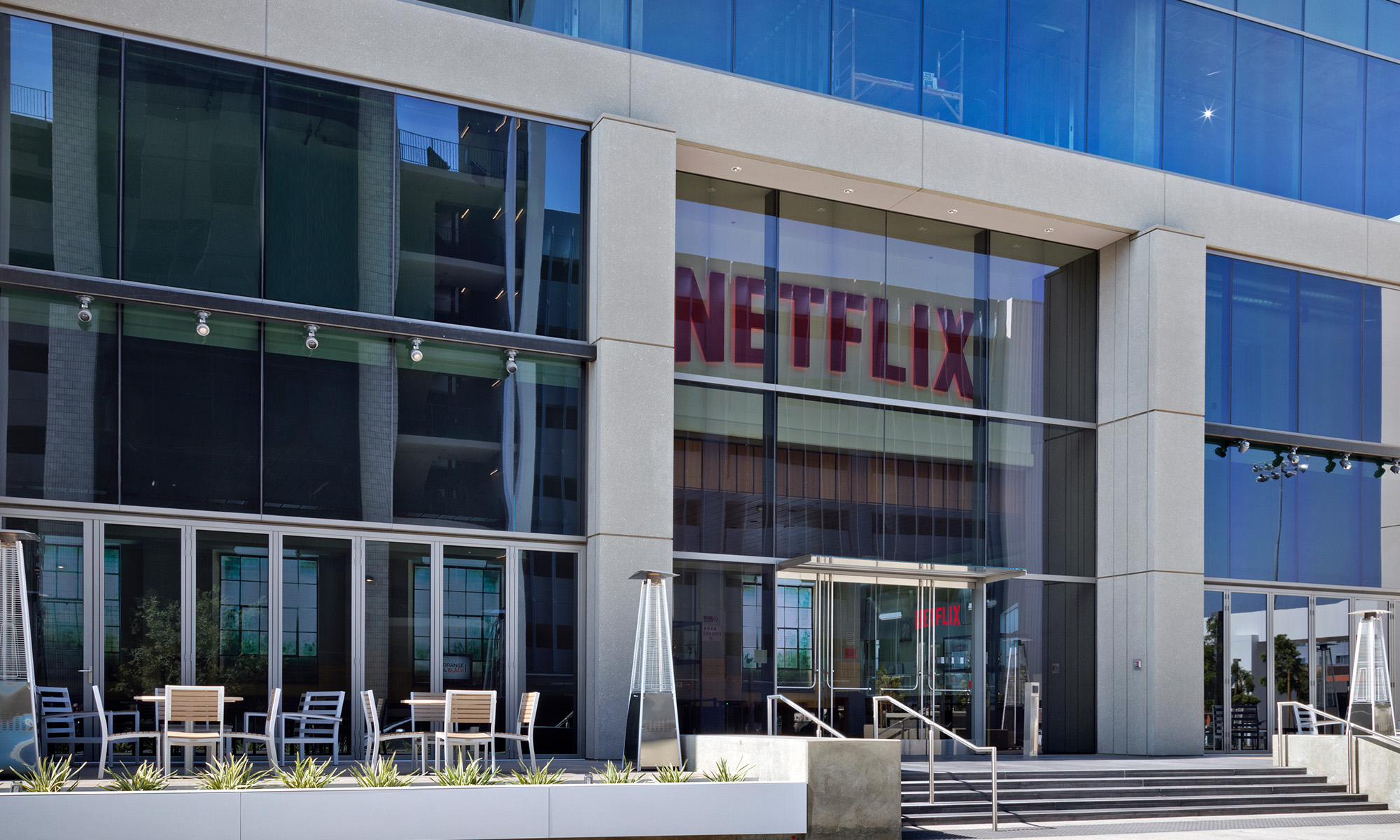Streaming-video leader Netflix (NFLX +0.39%) has a pretty consistent history of beating even the more optimistic forecasts when it comes to its growth. And it did so again last quarter, when its vast library of television series and movies attracted more new viewers than were anticipated. Specifically, it was expected that the company would pick up 5 million net new customers in the period, but when it reported this week, it had added about 7 million -- including more than 1 million in its relatively saturated domestic market. Clearly, those who were worried the company was nearing the point in its lifespan at which the growth curve flattens were off base.
In this segment of the Market Foolery podcast, host Chris Hill and senior analyst Andy Cross talk about the stock and whether it is still a buy, the company's outperformance strategies, its leadership, its market opportunities, and more.
A full transcript follows the video.
This video was recorded on Oct. 17, 2018.
Chris Hill: Third-quarter report for Netflix, forget the revenue, forget the profits. It's all about the subscribers. They crushed this number, adding just under 7 million new subscribers.
Andy Cross: It was a great quarter for Netflix. On pretty much every metric they give guidance on, they beat, and they have a lot of transparency in their numbers. It was extensive. Like you said, 7 million net subscribers vs. 5 million expected. They added more than 1 million net additions of subscribers on the U.S. side and almost 6 million on the international side. Remember, it was just three months ago when investors were really concerned that the growth of Netflix had started to tailor off a little bit. They came up a little bit short on the subscriber line. Clearly, this quarter, they knocked it out of the park. Streaming revenues were up 36%. Average paid membership numbers were up 25%, and that paid membership one is what they really are now going to focus on. The average selling price is up 8%. Overall, a really impressive quarter by the streaming content leader of the world.
Hill: The stock is up today. Yes, it's down from the highs of a few months ago, but year to date, it's up 80%. I mean, is it expensive? Someone like me, who is not a shareholder and has never been a shareholder, I look at that and I have to be honest, my gut instinct is, "Well, I can't buy it now!"
Cross: I added some to it earlier this year, when the stock got knocked around after the last quarter, when the stock had fallen 10–15%. When you think about this business, it's $150 billion market cap. In the global media landscape that they are playing in and competing in, and the success they are seeing, I think with the leadership team of Reed Hastings, who owns about 1.5% of the business, they have extensive growth opportunities around the globe. Clearly, the U.S. is the slower-growing market. International is really where they're focusing on. They're spending $8–12 billion per year on content that they are developing. So much of that is turning into in-house content development. They have hundreds and hundreds of original programs now. They're going to spend up to $1 billion on an Albuquerque, New Mexico production studio for the next 10 years, where they're going to develop a lot of their individual content. Clearly, they are becoming a content and distribution king around the world. They're starting to focus more and more on these individual markets around the world. It's not just U.S.
I look at that and I say, you know what? For 1–2% of your portfolio, I think Netflix is well worth the addition in there.
Hill: Jim Mueller was in the studio recently, and we talked about that acquisition of the studios in New Mexico. Just like you, he brought up their expansion, particularly in Europe. I think they have some recent new studios in Spain. It's really going above and beyond what I think some people had expected, in terms of, not just their global expansion. They've proven that they can get subscribers around the world. But it's the production side of things, and their ability, now, with a network of studios in the United States and out that, they're able to go to film producers, show runners, etc., and say, "Wait a minute. If you're looking to go overseas, talk to us, because we've got some options for you."
Cross: And that's really important, because over in the European Union, there are regulatory changes in play. Eventually, at least 30% of the content of your library for a streaming service will have to be European-focused and European-produced. They are going into those markets.
It's also having an impact on what's happening competitively. We saw Comcast go after Sky aggressively and spend a lot of money for Sky, up to $40 billion to be able to get that distribution platform. When I add it all together, yes, the lack of free cash flow has been a concern as they continue to spend more and more money.
We did see, this quarter, their operating profit picture improve. A lot of that was some timing. They have a lot of flexibility when it comes to how to manage these costs. They've been doing that quite well. They talked about that. They have some nice expectation for profitability next year. Their cash burn for next year, they think, will be flat to this year. It's not going to worsen. That's good news for shareholders. They're going to continue to invest in these platforms. I think they will be able to continue to grow their subscriber base at a rapid clip, and certainly more rapid than some of the established players in there. That's all good news for shareholders.
Hill: It's interesting to hear about the cash burn. Ahead of this earnings report, we saw analysts at places like Morgan Stanley and Goldman Sachs essentially cut their price target on Netflix in part because of, yes, rising interest rates, but also perceived increased expenses. I think a lot of people, in a vacuum, expected that they were going to spend more on content next year than they did this year. That's been the pattern for a while.
Cross: And it probably will be. The nice thing we saw a little bit this quarter is, and they talked about this on the conference call, to be able to manage these costs, they have some flexibility. It's taking the costs across their entire platform. That's a real advantage that Netflix brings as a streaming service. Their profit margins compared to the likes of Comcast, for example, are half. But Comcast's legacy costs are so heavy, and the revenues are only growing in the single digits. I own both Comcast and Netflix in my portfolio, for different reasons. The cost structure is so different that Netflix long-term, we look out 5, 10 years, the profitability picture and the ramp for them is so much more impressive than the likes of some of the established players. I think that's really what subscribers are buying. It's the ability to be able to grow the subscriber base. Streaming revenues spread those costs out by offering a product that is really superior in the marketplace that investors are excited about. Eventually, that will show up on the cash flow line.
Hill: I assume you own shares of Comcast because you're from Pennsylvania. I think that's a law in Pennsylvania, that you have to own shares.
Cross: [laughs] Yeah. The arm of the Roberts family goes very long.
Hill: This is a minor thing, but it's something I'm curious about with respect to Netflix. Where's the shop? Remember, they had some headlines a year or so ago? They had posted a job -- for a long time, that was my thing with Netflix. They have these successful shows that they are producing, and they own. Why aren't they making some gear? T-shirts, hats, mugs, etc. HBO does a great job, not just with original programming, but of selling any Game of Thrones paraphernalia that you want to get your hands on. HBO is happy to sell that to you. Where's the shop?
Cross: Maybe they should talk to The Motley Fool. We have some pretty nice swag that they could learn a little bit from.
Hill: [laughs] You know what? When The Motley Fool Podcast Swag Shop is up and running more quickly and selling more than the Netflix shop, that's my only point of concern with Netflix as a business.
Cross: It is interesting from the marketing side. They talked a little bit about this on the call, dialing back some of the marketing tactics and really letting the content speak. I think that's important. I think it actually is a very big driving point for Netflix to grow their subscriber counts. They have the content library, and they continue to add to that content library, and it's so diverse. The price point for members is so low compared to the competition that it really is a competitive advantage that's becoming harder and harder to match. Now, it's actually becoming a very profitable marketing component for them, that it will allow them to and maybe not have to spend so much on traditional marketing to grow subscribers.






